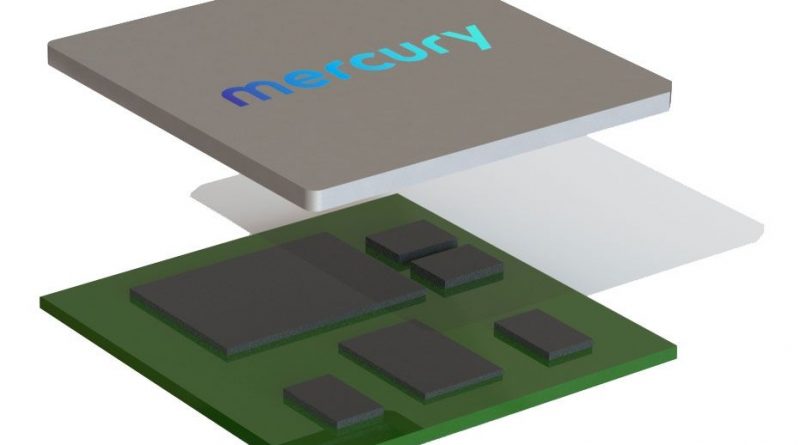U.S. Navy Funds Mercury to Advance Chip-Scale Technologies Needed to Reduce Electronic Warfare Design Timelines
Mercury Systems, Inc. announced an agreement with the U.S. Navy to advance sensor processing technologies that will allow radar and electronic warfare (E.W.) capabilities to be designed on much shorter timelines.
Increasing system and software complexity has extended the timelines for developing and fielding military platforms for decades. The Office of Naval Research’s Open Rapid Chipletized Approach (ORCA) program aims to reduce the time needed to design edge processing solutions by increasing the modularity of components at the chip level. Under a $13.2 million contract, Mercury will develop a next-generation RF System-in-Package (SiP) that integrates the latest commercial chips from major semiconductor providers within a smaller and lighter footprint.
This work will build on Mercury’s RFS1140 SiP, which integrates an AMD Versal FPGA, Jariet Electra-MA high-speed data converters, and Micron memory for a truly advanced solution to support sensor processing.
“ORCA represents a significant evolution of the Mercury Processing Platform that will drive down radar and E.W. system development timelines, allowing next-generation capabilities to be fielded much faster,” said Tony Trinh, Mercury’s Senior Director of Advanced Packaging. “The ORCA approach opens up incredible opportunities to integrate mission-specific pre-processing chiplets to rapidly upgrade systems on a wide variety of existing platforms and stay ahead of evolving threats.”
“Mercury is pioneering the way for on-shore advanced secure microelectronics integration and packaging capability with DMEA-certified full product lifecycle support, including concept, design, assembly, and test, to deliver application-tailored system solutions to the warfighter rapidly,” said Adam Miller, Office of Naval Research Program Officer.

